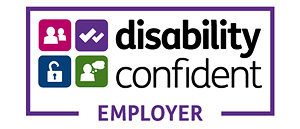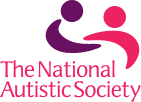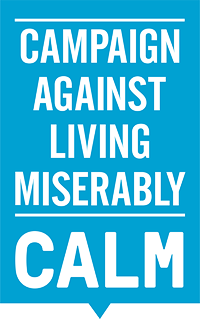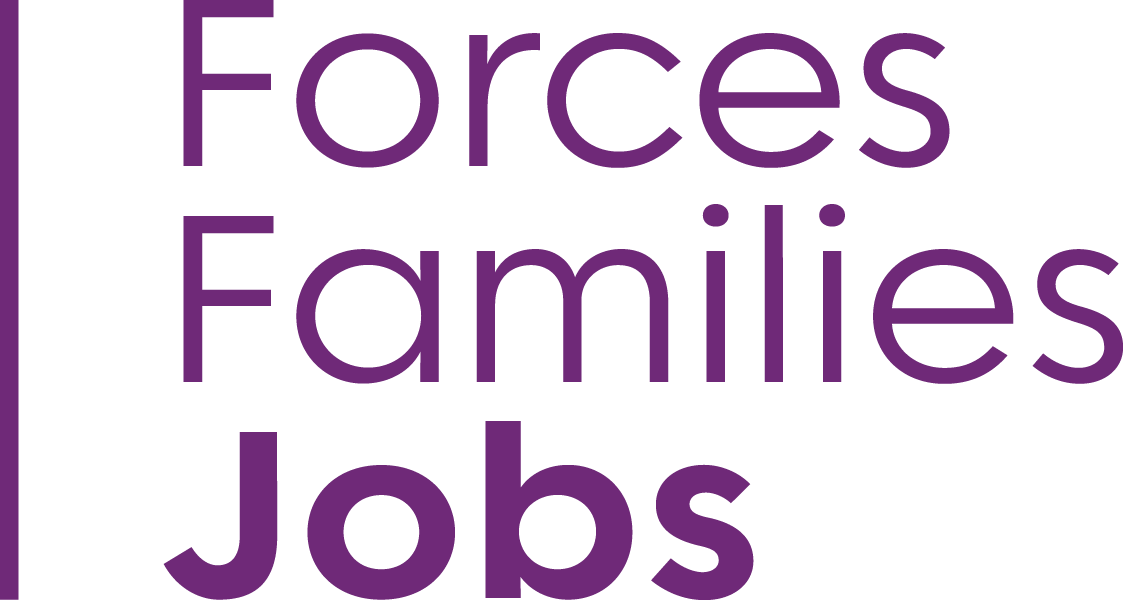We are delighted to share that two people residing at Paxton House (Borrowash, Derbyshire) will shortly be moving into their lovely new home. Ahead of the move, we wanted to recognise and celebrate this wonderful outcome and give a brief insight into how Paxton House have supported the transition.
The main way that a supported living setting differs from residential care is that a person will have their own home and tenancy agreement. They will be responsible for the cost of living and paying their bills, with support from staff. Over the years, the role of residential care for adults with learning disabilities and autism has evolved. Government, regulatory and ethical strategy promote independence and encourage care providers to support people to move from residential care to more independent living when appropriate and possible.
Potens are delighted to work with individuals to achieve their dreams and make this happen.
Paxton House’s approach to care and care-planning is person-centred. Being person-centred is about focusing care on the needs of individual person, ensuring that people’s preferences, needs and values guide care and clinical decisions. By using this approach, we believe we help empower the individual to be involved in their care. This in turn enables people to retain control and independence and ultimately demonstrates respect for the person. We therefore we will work with people to develop the skills, knowledge and networks they need to live more independently.
A key part of the approach is through care planning which is an on-going process designed to provide a service that is right for the individual, meets their needs, upholds preferences, rights and values and empowers the client. Care Planning is needs led not service led and must keep the individual as the focus of the process at all times.
We know each person we support are unique and so have individual strengths, weaknesses and needs. Throughout their time living within Paxton House, support workers and managers work with people to develop skills in areas such as:
- – Personal and social development
- – Money, banking and benefits
- – Housing, tenancy and support
- – Health, wellbeing and nutrition
- – Employment and education
- – Legal rights and responsibilities
- – Daily living skills
Each person has a defined support plan with clear goals and objectives. The goals and objectives change over time as a person is able to develop skills and knowledge. Key working sessions are used to develop skills but also to discuss progress along with views and feelings.
Care-planning allows the person’s key people to be aware of the progress. When the person feels ready we then work with them and their key people (such as families and care workers) to discuss next steps and options.
Please keep an eye out for upcoming news regarding the move!














